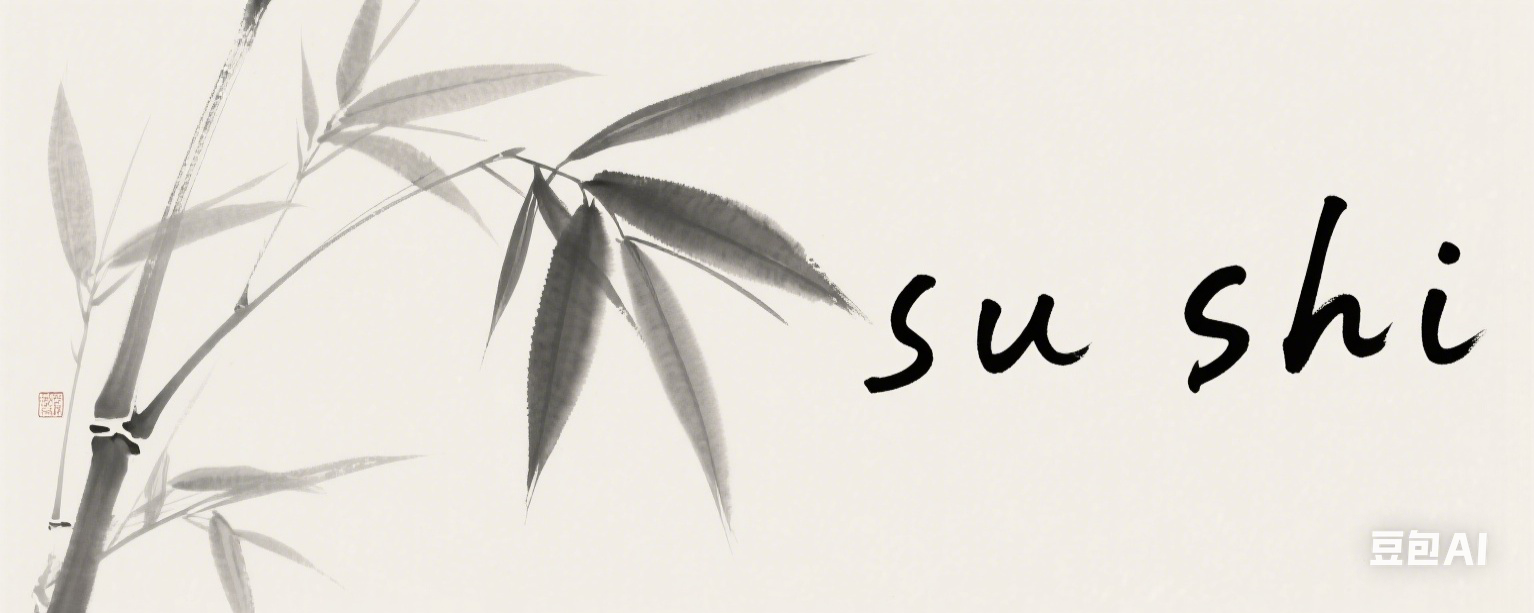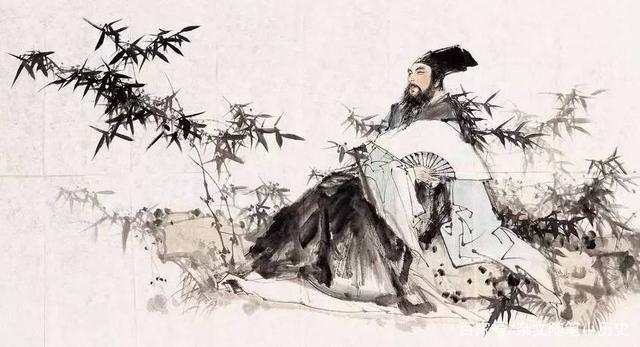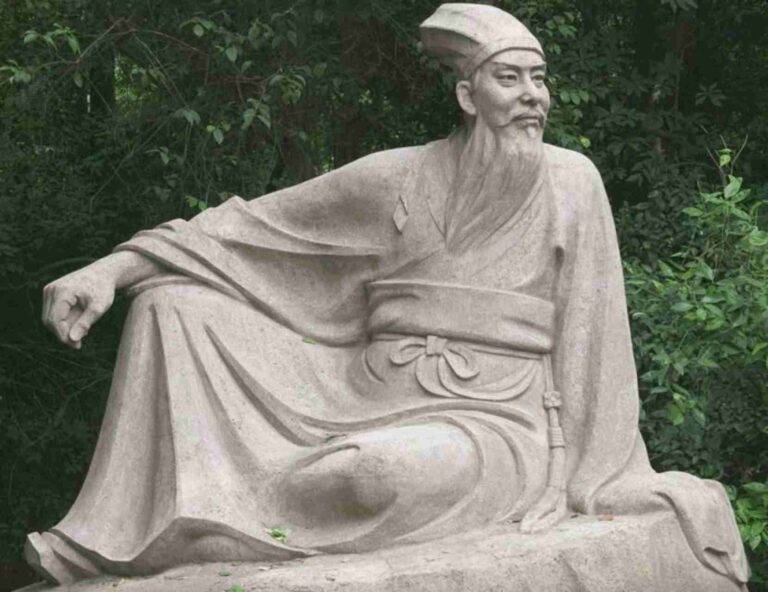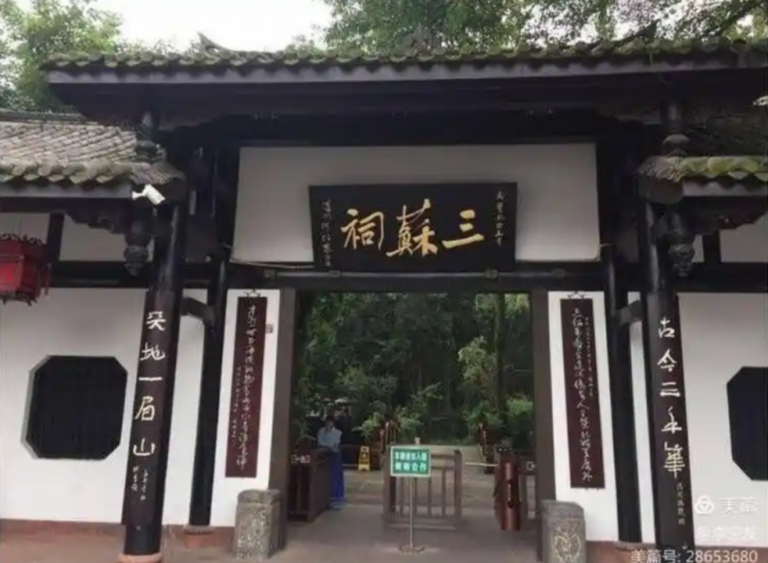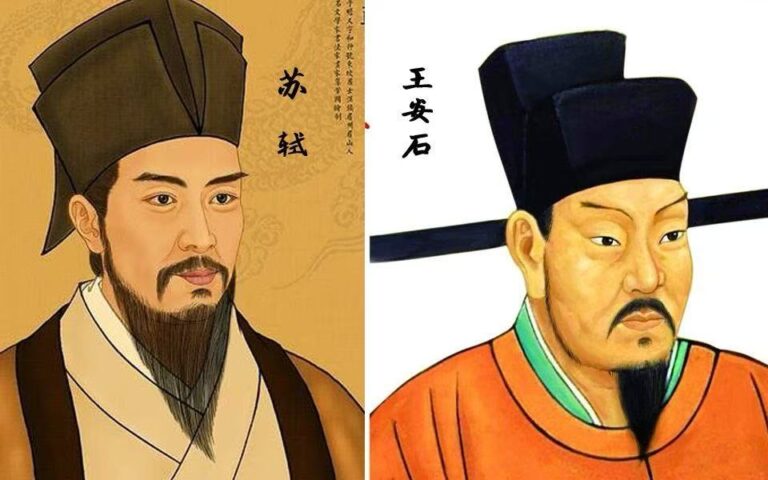Su Shi vs Li Bai: A Clash of China’s Greatest Poetic Styles

I. Two Titans: The Pinnacle of Tang and Song Poetry
Li Bai (701-762) and Su Shi (1037-1101) represent two poetic ideals—one embodies the romantic tempest of the High Tang, the other channels the philosophical depth of the Song Dynasty. Western readers often compare Li Bai to “China’s Byron,” while Su Shi resembles an “Eastern Thoreau.” This article explores how their styles shaped China’s spiritual landscape through five key lenses.
II. Core Stylistic Comparison
| Aspect | Su Shi (Song) | Li Bai (Tang) | Western Parallels |
|---|---|---|---|
| Imagery | Wisdom in the mundane (“A straw cloak in misty rain”) | Mythological grandeur (“Rainbow robes and steeds of wind”) | Su Shi → Montaigne Li Bai → Homer |
| Emotion | Tranquil transcendence (“No foul weather, no fine days“) | Unbridled passion (“Heaven gave me talent for a purpose!”) | Su Shi = Stoicism Li Bai = Romanticism |
| Form | Breaking conventions (“Using prose rhythms in poetry”) | Reinventing folk ballads (“Bring the Wine!”) | Su Shi ≈ Wordsworth Li Bai ≈ Whitman |
III. Side-by-Side Poem Analysis
Case 1: Moon Gazing
| Su Shi, “Prelude to Water Melody“ | Li Bai, “Drinking Alone Under the Moon” |
|---|---|
| “How long will the full moon appear? Wine cup in hand, I ask the blue sky” → Rational cosmic inquiry | “A pot of wine amid flowers, drinking alone without company” → Ecstatic embrace of solitude |
| Key Translation Notes: • Philosophical questioning • Celestial melancholy | Key Translation Notes: • Hedonistic isolation • Lunar intoxication |
Case 2: River Epics
| Su Shi, “Red Cliff Nostalgia” | Li Bai, “Leaving White Emperor City at Dawn” |
|---|---|
| “The great river eastward flows, washing away timeless heroes” → Historical solemnity | “Departing from rainbow-clouded White Emperor City, I’ll reach Jiangling in a day!” → Breakneck spatial momentum |
IV. Cultural DNA Decoded
- Era’s Imprint
- Li Bai: Influenced by Silk Road exoticism, brimming with wine and sword imagery.
- Su Shi: Marked by political strife, favoring metaphors like “lonely swan” and “withered tree.”
- Philosophical Roots
- Li Bai: Daoist transcendence (“Immortals stroked my crown, bestowed eternal life”).
- Su Shi: Confucian-Buddhist fusion (“Life is a journey—I too am but a traveler”).
V. Quiz: Which Poet Are You?
- When traveling, do you:
- A) Journal reflections on local culture (Su Shi style)
- B) Compose verses while drunk on scenery (Li Bai style)
- Facing adversity, do you:
- A) Analyze emotions through writing (Su Shi)
- B) Gather friends for cathartic revelry (Li Bai)
Results:
- Mostly A: You share Su Shi’s philosopher-poet temperament. Try reading “Red Cliff Prose Poem.”
- Mostly B: You embody Li Bai’s romantic spirit. Explore “Hard Roads to Shu” in translation.
